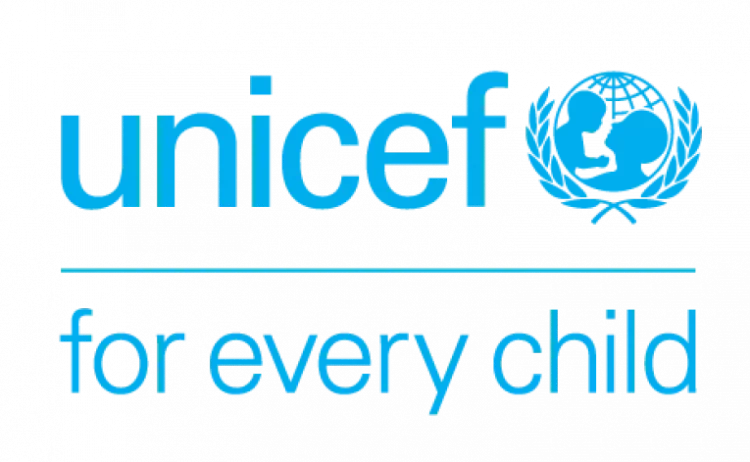United Nations Children’s Fund (UNICEF) has said over 85 per cent of Nigerian children between the ages of one and 14 experience violent discipline in schools, with nearly one in three children experiencing severe physical punishment.
UNICEF chief of education, Saadhna Panday-Soobrayan, disclosed this in Abuja yesterday at a two-day national awareness creation meeting on Ending Corporal Punishment in schools, organised by the Teachers Registration Council of Nigeria (TRCN) in collaboration with UNICEF.
Panday-Soobrayan described the discussion on ending corporal punishment in schools as “difficult and heart-breaking,” stating however that the presence of participants at the meeting was a testament to Nigeria’s determination to uphold every child’s right to safety, well-being and quality, inclusive education.
“Much of this violent discipline takes place in the form of corporal punishment in the very institutions that are entrusted to keep children safe, develop respect for human rights and prepare them for life in a society that promotes understanding peace, and conflict resolution through dialogue,” she said.
She said the persistence of these practices contradicts Nigeria’s national policy on safety, security and violence-free schools that commits to zero-tolerance to any threat to the security of lives and property in schools.
Panday-Soobrayan further noted that the practice impedes Nigeria’s progress towards SDG 3 to ensure good health and well-being, SDG 4 on equitable and inclusive quality education and target 16.2 (to end abuse, exploitation, trafficking and all forms of violence against and torture of children).”
She further stated that physical punishment causes not only pain, sadness, fear, shame and Anger, but is also linked to children’s hyperactivity to stress, changes in brain structure and function, overloaded nervous, cardiovascular and nutritional systems, adding; “The damage is not only acute, affecting their learning in the current moment, but also chronic. A large body of research links physical punishment with long-term disability or death; mental ill-health; impaired cognitive and socio-emotional development; school dropout and poorer academic and occupational outcomes; increased antisocial behaviour, aggression, and criminal behaviour in adulthood; and damaged relationships through its intergenerational transmission.”
Minister of Education, Mallam Adamu Adamu, who was represented by Hajia Binta Abdulkadir, endorsed the action plan and roadmap for ending corporal punishment in schools in line with the Child’s Rights Act passed into law in 2003.
Adamu noted that globally, there was evidence indicating that corporal punishment in schools had impacted negatively on attendance and learning.
“In Nigeria, studies have indicated that corporal punishment is one of the key factors militating against retention and transition of pupils in our schools which have huge implications on the educational system and achievement of the Sustainable development goal 4,” he said.
Earlier, the registrar of TRCN, Prof Josiah Ajiboye, said globally, there was a paradigm shift from corporal punishment in schools because of its effect on pupils, adding that the practice had been proven to be ineffective, dangerous and an unacceptable method of controlling and maintaining behavior and discipline.
70% Of Nigerian Infants Denied Benefits Of Breast Milk – WHO, UNICEF
Ajiboye said corporal punishment brings negative rather than positive consequences in the whole process of teaching and learning.
“It tends to increase child aggression and antisocial behavior, lower intellectual achievements, enhance poor quality of parent/teacher student relation and cause mental health problems. Since corporal punishment tend to de-humanize children and make them feel scared, ashamed and worthless during learning and teaching process, the time has come for it to be eliminated from both homes and schools so as to enhance positive learning.
“It is our desire that children’s learning experience should always be positive, and never traumatic. With enthusiasm I appreciates representatives of FME, NUT, CSOs and all Education stakeholders for their dedication in endorsing Safe to Learn initiative geared towards ending violence in and through schools,” he said.














